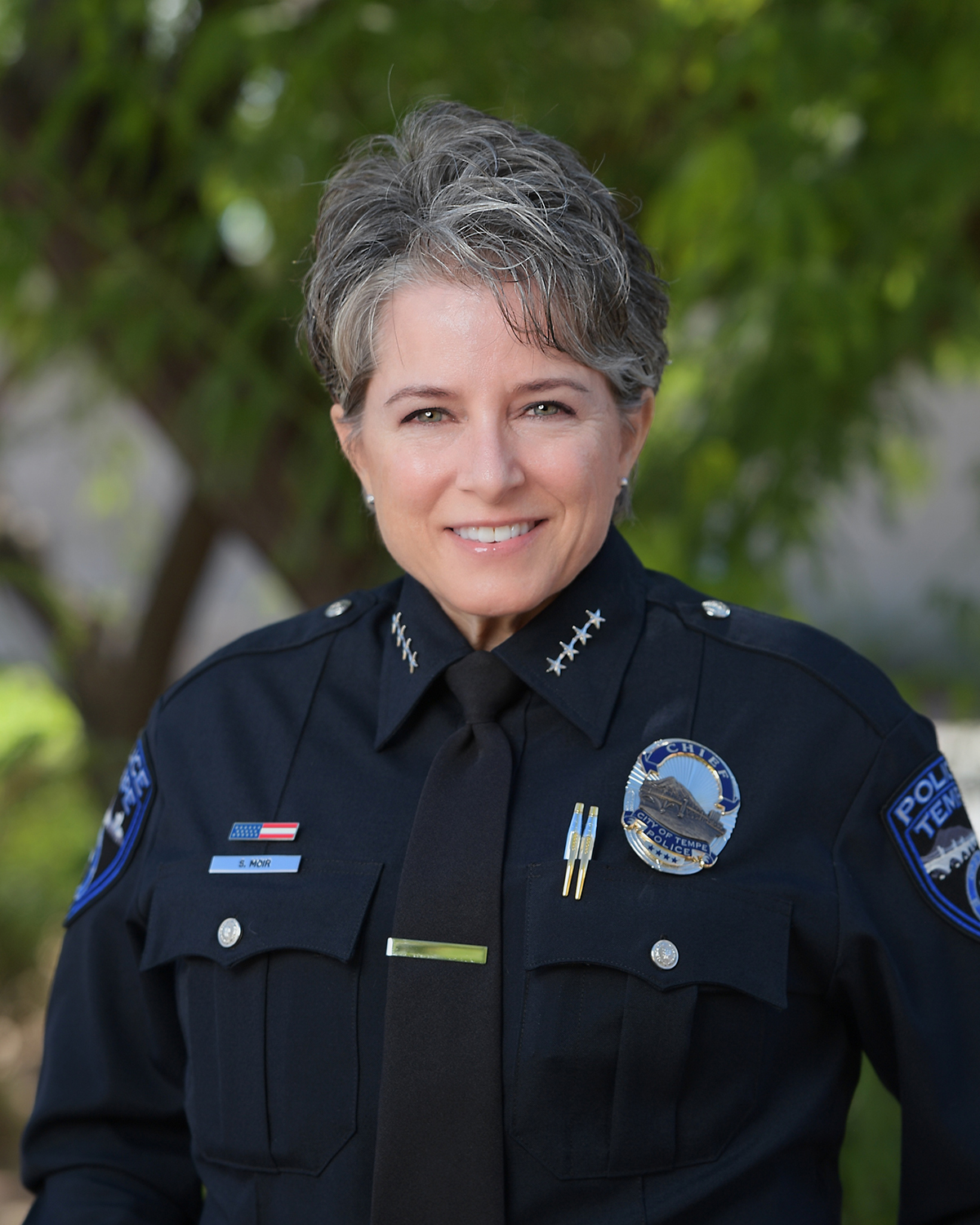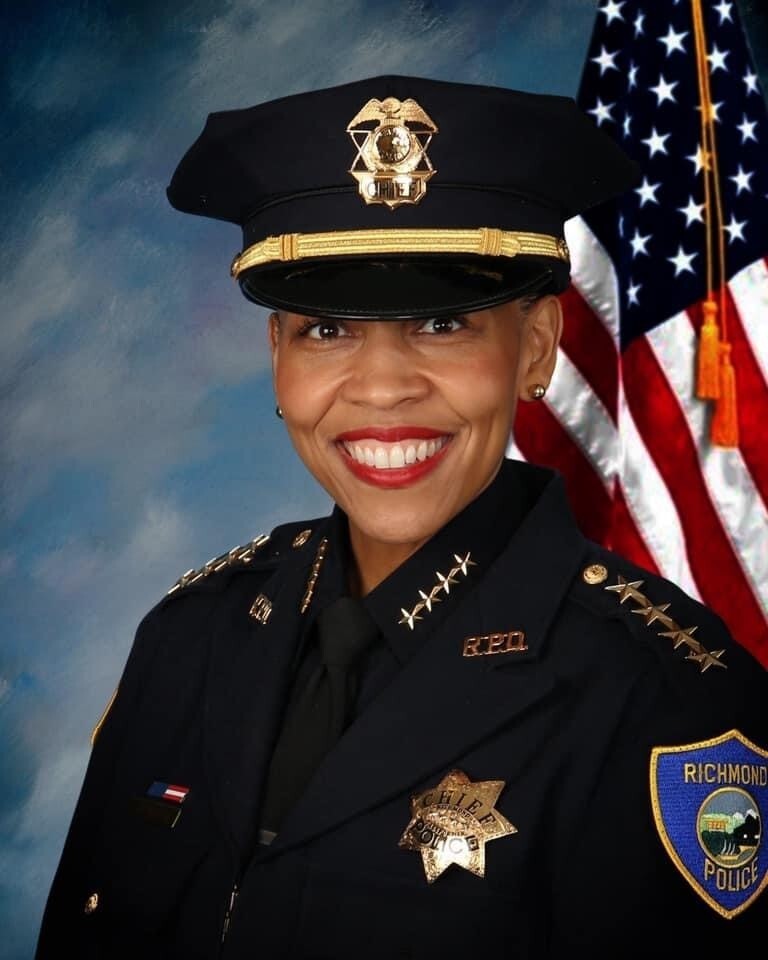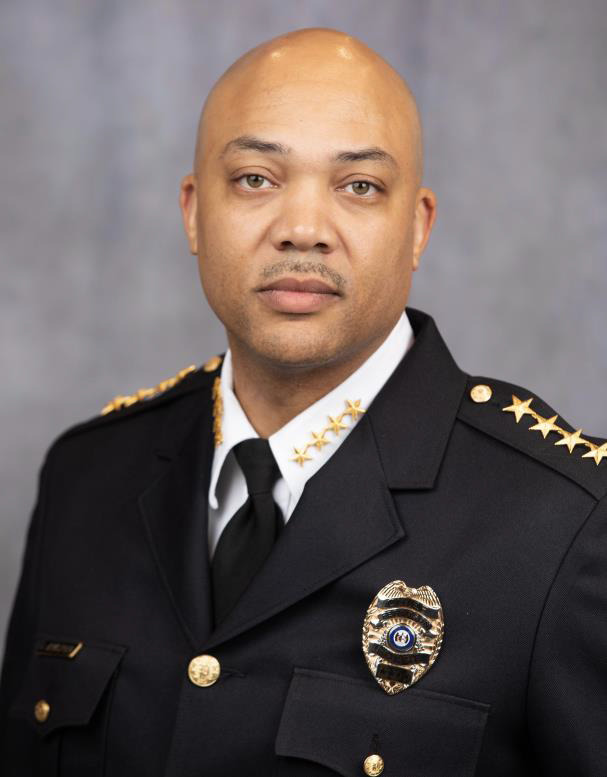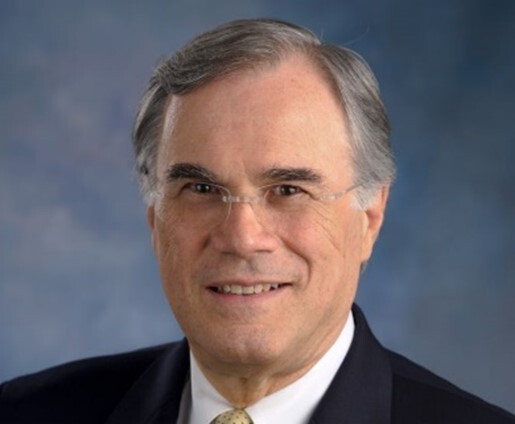
Community Policing: Beyond the Definition Webinar Series
-
You must log in to register
- Member - Free!
Community policing is not just a antiquated concept or buzz phrase – it’s an actual tactic to drive down crime and strengthen trust. Adhering to and implementing Community Policing should result in a lower level of crime production and enhanced trust and reporting of crime. The goals of this webinar series are to advance the comprehension and evaluation of a foundational concept of 21st Century Policing philosophy: Community Policing. Even though Community Policing has deepened and broadened partnerships for decades, some contemporary police professionals have discarded its usefulness or prominence as they solidify organizational strategies in favor of novel efforts and some communities feel no greater trust in the police despite touted community policing efforts. Refreshing the utility of community policing may advance many of the calls for action demanded by police professionals and communities alike; to advance trust and reduce crime.
Target Audience: Law Enforcement
Overall Objective: To teach attendees about the history of community policing, how to implement community policing strategies in their agency, and what the future of community policing will look like

Sylvia Moir (Moderator)
Chief of Police
Tempe, Arizona, Police Department
A California native, Chief Moir has over three decades of local police practice; with over one decade as a Chief of Police. Chief Moir is known as an executive who is calm in chaos, enthusiastic about the profession of policing and focused on positively influencing the culture and climate of the organizations she leads through strategy and policy work to better serve the employees and community. In February 2021 she was appointed as the Interim Chief in Napa CA where she was brought in to use her experience to strengthen the organization. She was the Chief of Police in Tempe Arizona 2016-2020 leading the department through multiple crises and advancements, and the Chief of El Cerrito California Police Department from 2010-2016. She spent most of her early career with the Sacramento Police Department where she served in every division of the department and she was the Incident Commander on hundreds of planned and spontaneous events, a trainer in several policing subjects, and a member of the Sacramento Police Honor Guard.
Notably, she completed rigorous and humbling training with the US Army Old Guard at Fort Myer, VA and Arlington National Cemetery. She is the Principal of the Macrae Group specializing in public safety strategy, tactics, and education, the chair of the Community Policing Committee of the International Association of Chiefs of Police, an advisor for WRAP Technologies, and a member of the Law Enforcement Immigration Task Force. She served on the Executive Board of the Arizona and California Associations of Chiefs of Police and is a past President of the Police Executive Research Forum. Chief Moir is in demand as a speaker and in 2019, Chief Moir participated in TEDx SoMa’s Modern Campfire series, where she discussed the complexity of modern-day policing and the importance of practicing mindfulness in the profession. During the talk, Chief Moir spoke about the impact of mindfulness on her leadership, her employees, and the promise that the practices are showing for de-escalation, sound decision making, humanity, and resilience. Chief Moir holds a Bachelor of Science in Criminal Justice from California State University, Sacramento, a Master of Arts in Organizational Management, and a Master of Science degree from the Naval Postgraduate School - Center for Homeland Defense and Security.

Bisa French
Chief of Police
Richmond, California, Police Department
Police Chief Bisa French began her career with the Richmond Police Department in 1998. As a young officer, she formed meaningful relationships with community members as a Community Policing Officer, Field Training Officer, and Bicycle Patrol Officer. She then worked as a Detective in the Property Crimes Unit and Family Services Unit, where she found her passion advocating for young people. Chief French was promoted to the rank of Sergeant in 2006. In this position, she led, mentored, and developed officers in a variety of supervisory assignments. She also served as the department’s Public Information Officer during this time. In 2011, Chief French was promoted to Lieutenant. She worked with various stakeholders to include Contra Costa County, STAND! For Families Free of Violence, and Community Violence Solutions, to establish the Family Justice Center in West Contra Costa County, which opened in 2015.
In 2013, she was promoted to the rank of Captain. She was the first African American and Latina Captain in the Richmond Police Department and the youngest person to ever hold the position. After three years, Chief French was promoted to the rank of Assistant Chief, whereupon she became responsible for the overall operations of the department. In this capacity, she also worked on programs centered around racial justice and equality in the criminal justice system. Chief French was appointed Interim Chief in 2019 and was hired as the permanent Chief of Police in July 2020. She is the first female chief in the Richmond Police Department’s 110-year history. Chief French has a Bachelor of Arts degree in Public Administration from Union Institute & University and a Master's Degree in Human Resource Management from Golden Gate University. She is also a graduate of the Police Executive Research Forum's Senior Management Institute for Police (SMIP). Chief French serves on Contra Costa County’s Racial Justice Oversight Board and is on the Community Policing committee for the International Association of Chiefs of Police (IACP). She is also a board member for several organizations including the Family Justice Center, Contra Costa County Youth Services Bureau, and the Richmond Police Athletics League.

Kassy Alia Ray
Founder and CEO
Serve & Connect
Kassy Alia Ray is the founder and CEO of Serve & Connect, a nonprofit organization focused on igniting positive change through police-community partnerships. A graduate of the University of South Carolina with her doctorate in Clinical-Community Psychology, Dr. Alia Ray founded the organization after her husband, an officer with the Forest Acres Police Department, was shot and killed in 2015. Under her leadership the organization has grown from a simple hashtag to a valiant movement dedicated to creating change. Her work bridges the gap between law enforcement and the communities they serve, and draws on her personal experiences related to the loss of her husband combined with her expertise in Community Psychology to ignite transformative change in police-community relationships. She is an experienced writer and speaker, who shares from her personal perspective informed with her professional skillset and training. She speaks regularly to service providers, law enforcement agencies, organizations, and corporations across the U.S. on topics related to collaboration, grief, empathy, and reimagining police and community relationships and her work has been recognized nationally, including a feature on NBC’s Today Show, for it’s impact.

Jason Armstrong
Chief of Police
Ferguson, Missouri, Police Department
Jason Armstrong is the Police Chief for the Ferguson Police Department, in Ferguson, MO. Chief Armstrong is responsible for leading the change and reform efforts outlined in the federal consent decree between the City of Ferguson and the Department of Justice. He is best known for his intentional community outreach and engagement efforts to help build better community relationships and partnerships. Prior to taking the helm in Ferguson, he had an accomplished career with the Forest Park Police Department, in Forest Park, GA. Chief Armstrong’s professional accolades include the 40 Under 40 Award from both, the International Association of Chiefs of Police (IACP) and North Carolina Central University. He was also the recipient of the Distinguished Alumnus in Public Service Award from Columbus State University. In 2019, he was appointed to the IACP’s community policing committee. Chief Armstrong holds a Master’s Degree in Public Safety Administration and has amassed over 3,200 professional development training hours during his 19-year career.
Chief Armstrong is a sought-after contributor for local news affiliates, national media outlets, national podcast platforms, documentaries and speaker events in the areas of leadership, police reform and community engagement. He thrives in his role as a public servant because he recognizes the value of people and relationships. He believes empowering people to reach their full potential is the way we build sustainable communities. Chief Armstrong believes if the law enforcement profession is at the forefront of that empowerment, we would see positive change in how law enforcement is perceived in the communities we serve. When he is not in the public eye, Chief Armstrong enjoys spending time with his family. The family enjoys traveling, sports, boating and exploring new adventures. Chief Armstrong is also the owner/operator of Strongarm BBQ which serves as his safe space to mentally recharge.

David Williams
Colonel (Retired)
Illinois State Police
Colonel David C. Williams is a proud veteran of almost 30 years with the Illinois State Police. In his role as Colonel he was in command of Internal Investigations, Forensic Services and Statewide Operations (including patrol, investigations and intelligence) with responsibilities directing some 3500 outstanding men and women. He spent much of his first 20 years in investigative and command positions. Much of his work was dedicated to organized crime, homicide, gang crime, intelligence and terrorism.
Upon retirement from the State Police, Colonel Williams spent 2 ½ years in Institute Director positions at Northwestern University and the University of Illinois. He was then recruited by the Mayor and Village Board of the Chicago suburb of Itasca to be their Village Administrator. In that position, he directed the daily operations of all Village Departments and personnel. He will always value his 10 ½ years in Itasca, especially the great staff and residents. Colonel Williams holds a Bachelor of Arts Degree in Sociology from Loyola University/Chicago and a Dual Master of Arts Degree in Justice Administration and Human Relations Psychology from Webster University/St. Louis.
He is an active Life Member of the International Association of Chiefs of Police (IACP), having served for several years on the Community Policing Committee. He is also a Life Member of the Police Executive Research Forum (PERF). Recognizing that retirement is not the end of our ability or desire to make a contribution Colonel Williams continues to teach, write and consult in the areas of leadership and ethics in law enforcement and government, early warning sign recognition, anti-terrorism and community policing. He and colleagues that he works with believe strongly that they can continue to help shape the future of law enforcement and government and bridge the gap between law enforcement, government and the communities they serve.

Dr. Robert R. Friedmann
Director
Georgia International Law Enforcement Exchange
Dr. Robert R. Friedmann is the Founding Director of the Georgia International Law Enforcement Exchange and Professor Emeritus of Criminal Justice at Georgia State University’s Andrew Young School of Policy Studies. He was the Distinguished Chair of Public Safety Partnerships (2007-2010) and served as Chair of the Criminal Justice Department at Georgia State University (1989-2002). He received his B.A. (Sociology, Anthropology and Philosophy) from Haifa University (1974), M.A. and Ph.D. (Sociology) from the University of Minnesota (1978); and his M.S.S.W. (Social Work) from the University of Wisconsin-Madison (1981). His interest and published work focus on community policing, terrorism, and crime analysis. His books include: Community Policing: Comparative Perspectives and Prospects, (1992), Crime and Criminal Justice in Israel: Assessing the Knowledge Base toward the Twenty-First Century (1998), A Diary of Four Years of Terrorism and Anti-Semitism: 2000-2004 (2005; two volumes) and he co-edited Modern Welfare States (1987). He also authored numerous articles and research reports on crime and criminal justice focusing on policing and public safety. He was the recipient of several large federal grants to improve crime data.
Dr. Friedmann chaired the Georgia Commission to Assess State Crime Laboratory Needs into the 21st Century; he is a Member of the Georgia Association of Chiefs of Police (GACP), and a Member of the International Association of Chiefs of Police (IACP) and its Community Policing Committee (served as co-chair and currently vice chair). He assisted in security planning and preparation for the 1996 Olympic Games in Atlanta, for the 2004 Olympic Games in Athens, Greece, for the 2012 Olympic Games in London, Rio Olympic Games (2016) and for the G-8 in Sea Island, Georgia. He served as a member of the Fulton County Court House Security Commission and on GACP committees that established policies on the use of Electronic Control Weapons in Georgia and Law Enforcement Pursuit. He serves on the advisory board of the International Institute for Counter-Terrorism, Herzliya, Israel and is a member of the executive committee of The International Counter-Terrorism Academic Community.
Dr. Friedmann works closely with a number of police departments, in the U.S. and internationally, on community policing and homeland security.